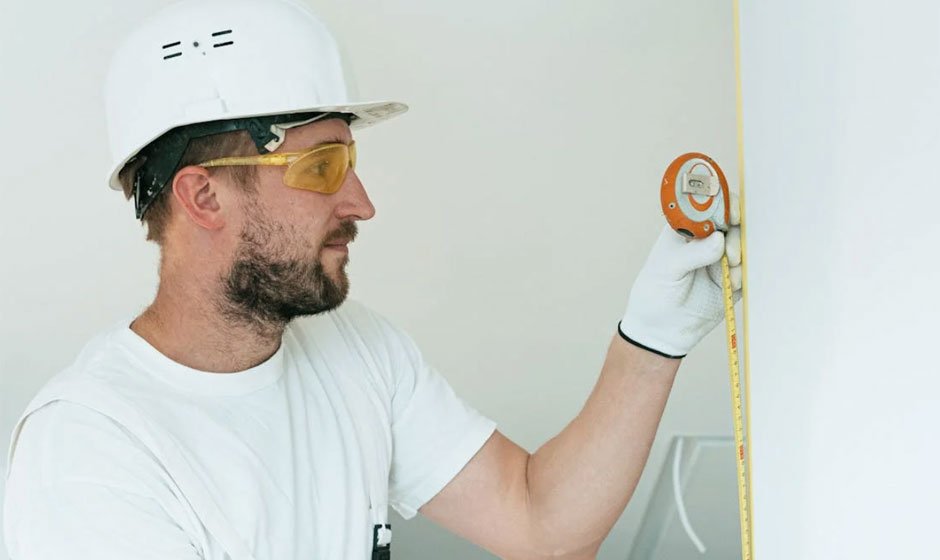Eco-Friendly Home Makeovers: How to Minimize Waste in Your Living Space

In recent years, the surge of interest in sustainable living has transformed how we think about our homes. From energy efficiency to waste reduction, homeowners are now seeking ways to create spaces that are not only beautiful but environmentally conscious. An eco-friendly home makeover is an excellent start to living more sustainably.
These renovations focus on reducing waste generation, using sustainable materials, and implementing energy-saving measures. Moreover, understanding local waste management practices is crucial, particularly for projects that generate considerable debris. If you’re embarking on such a project in Jacksonville, what to know about Jacksonville’s green waste disposal can guide you through responsibly disposing of your renovation waste.
Sustainable Materials
Choosing sustainable materials is the main step toward an eco-home. Renewable or recycled raw materials are made through eco-friendly technologies or both. Bamboo flooring is the most commonly used material because it has a rapid regrowth rate, durability, and aesthetic appeal. The same goes for recycled bottle-green glass countertops and reclaimed wood. Although they provide unusual styles, more importantly, they dissuade waste from being directed to landfills.
Include these components not only when purchasing new things. It’s not only about saving but also about limiting the renovation’s environmental footprint. Consider local suppliers as a primary source of carbon footprint to remove from transport. Moreover, involving the long-term and maintenance needs of the materials is crucial; going for durable materials lessens the possibility of replacing parts and thus decreases the amount of waste.
Enhancing Energy Efficiency
A vital approach to realizing an eco-friendly house is increased energy efficiency. As a result, the planet is protected in the first place by a decrease in energy and usage of utility bills is also reduced significantly. Start with the basics, e.g., mending wall surface, attic, and floor insulation. Sound insulation is the main contributor to decreasing the need for cooling or heating and saving energy.
Move on to your windows and doors the next. For example, we could dramatically increase energy efficiency in buildings by replacing old single-glazed windows with new energy-efficient types such as double- or triple-glazed ones. Regarding the doors, make sure they are tightly sealed and locked with energy-saving locks that avoid leaks. Furthermore, it is possible to connect smart home technology, which includes thermostats that react accordingly to your living habits and lighting systems that vary depending on the amount of natural light to further energy efficiency.
Managing Renovation Waste Responsibly
Proper waste handling is essential in eco-friendly renovation. Plan your project [waste] minimization [as a priority]. Before starting, check what leftover materials can be salvaged or offset from your area. For example, old timbers can be repurposed into excellent home furnishing, and the freshly excavated tiles can be reused in other parts of the house or re-donated to instant users.
Adequate and proper waste disposal would also be necessary. Awareness of local garbage collection guidelines and services for Jacksonville residents includes correct garbage disposal in ways that do not create further wastage. One way to manage those projects’ construction waste disposal processes is by renting a dumpster. However, the waste should be sorted using local guidelines. Companies providing a service in that area can separate the recyclables and non-recyclables, making your sustainability renovation friendly to the environment.
Conclusion
When you embark on an eco-friendly DIY house transformation, the rewards are not limited to a green environment. These improvements can elevate the comfort of your home and its overall visual appeal, as well as assure better living conditions. Data are lower from sustainable materials to lessen toxicity, and improved insulation and windows reduce the toxins from the indoor environment.
Moreover, the economic benefits of having lower energy bills and various tax incentives from sustainable materials and technologies are savings in the economy. Furthermore, using the services rendered in Jacksonville, such as waste disposal, the project can be adequately supported, and the environmental effect can be reduced.
By performing the outlined actions, homeowners can increase their ecological imprint by half, which is how to contribute to creating a more sustainable world in which residents want to live. An eco-obovated home is far more than an investment for the planet’s future; it is a testimony of concern for the sustainable living environment.



